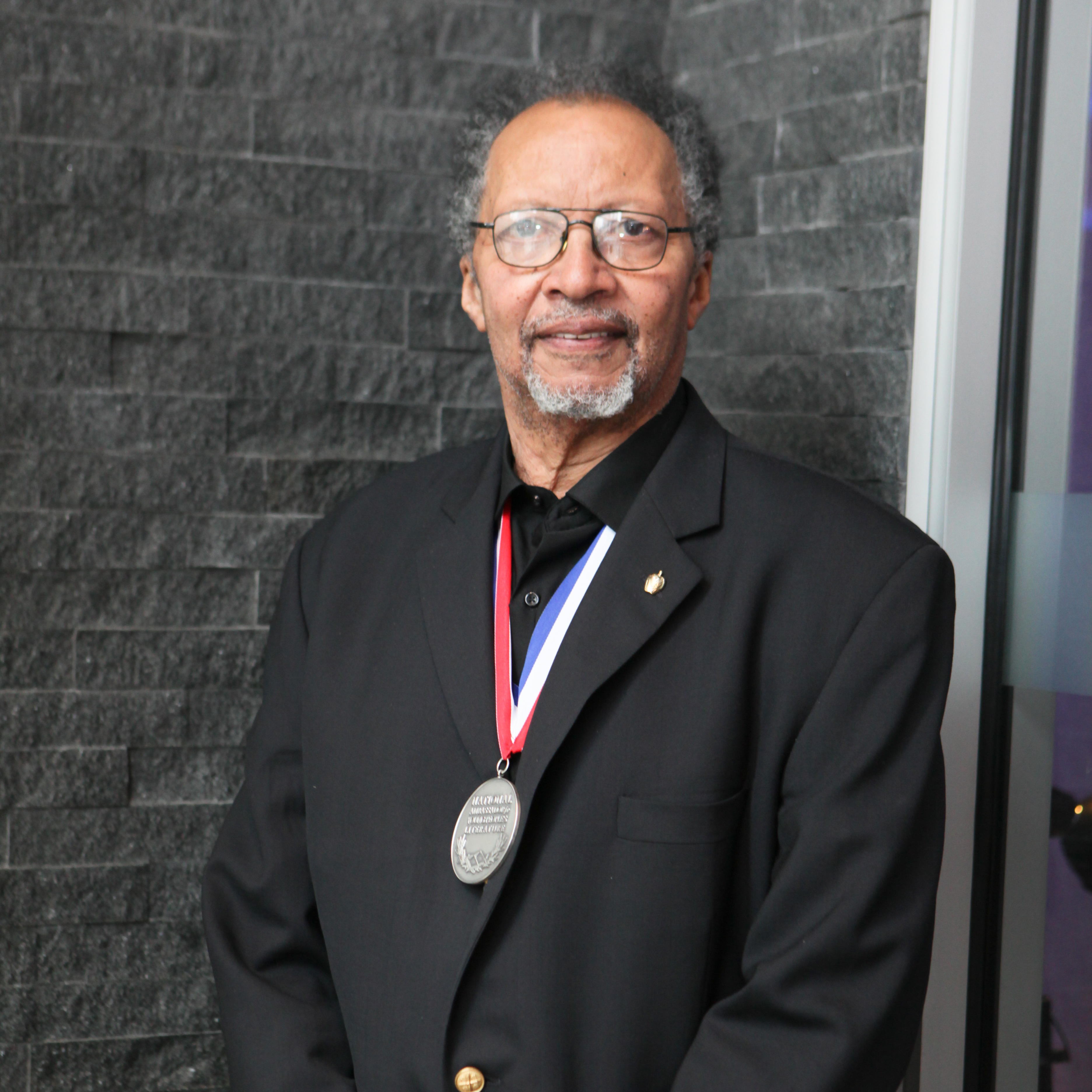More about Walter and his impact on the world of children's and teen literature can be gleaned from these obituaries in The New York Times, The Washington Post, and School Library Journal, among many others. These articles all capture Walter's essence, including his insistence that "reading is not optional," which was a theme of his just-concluded two-year term as the National Ambassador for Young People's Literature.
 And Walter continued to fight for more diversity in children's books -- an issue that has proved stubbornly resistant to change. Walter published an essay about the ongoing challenge earlier this year in The New York Times; the headline for his essay asked: "Where Are the People of Color in Children's Literature?"
And Walter continued to fight for more diversity in children's books -- an issue that has proved stubbornly resistant to change. Walter published an essay about the ongoing challenge earlier this year in The New York Times; the headline for his essay asked: "Where Are the People of Color in Children's Literature?"Walter's son, Christopher Myers, joined him in the effort, publishing a companion essay in the Times with the even-more-hard-hitting title, "The Apartheid of Children's Literature." In fact, Christopher and his dad worked quite a bit together, with Walter as the writer and Christopher as the artist on such beautiful books as Harlem, Blues Journey, and Jazz.
One of their most recent efforts was We Are America. I was fortunate to interview both Walter and Christopher (separately, in phone interviews) about that book; in the article, I was able to give a glimpse into their working relationship, and the close bond between them. Walter's death is a loss for us all, but especially for his family. RIP, Walter Dean Myers.


No comments:
Post a Comment